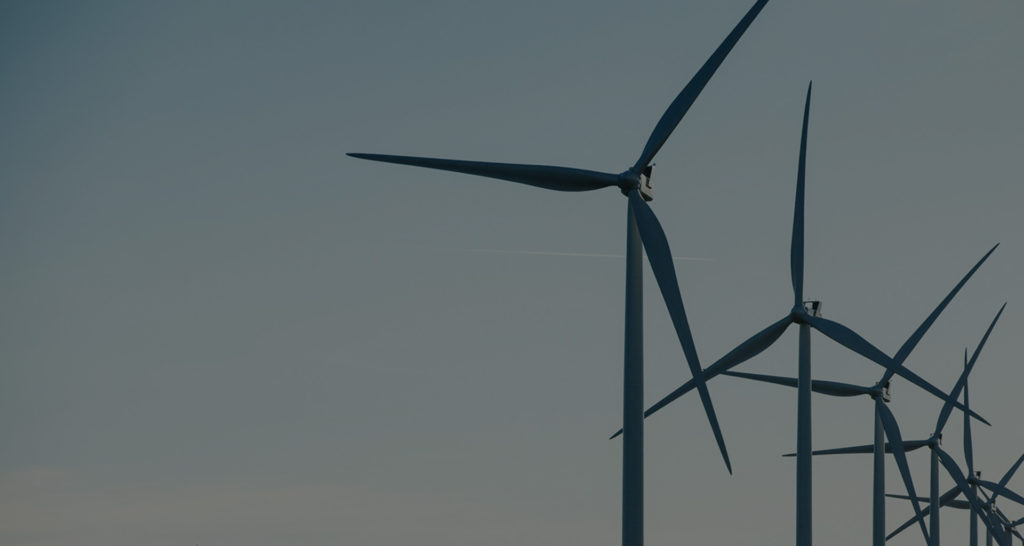Coal-loving Australia rejects green hub on environment risks

One of the world’s biggest fossil fuels exporters rejected a proposal to build a massive renewable energy hub over concern about its environmental impact.
The Asian Renewable Energy Hub, which planned 26-gigawatts of wind and solar generation to produce hydrogen and ammonia, would have disrupted tidal movements and impacted the habitats and lifecycle of native species, according to a statement from Australia Environment Minister Sussan Ley’s office.
While scrutiny of mining and energy projects has intensified after the destruction of indigenous sites in Western Australia by Rio Tinto Group, the rejection of the green hub sparked criticism that leaders in Canberra favor fossil fuel projects.
“The same government approved the Carmichael coal mine” despite opposition from activists who feared local ecosystem destruction, said BloombergNEF Australia Analyst Will Edmonds, referring to a controversial new mine approved in 2019. The central government is also going ahead with nominations for future offshore petroleum exploration sites, he added.
Australia has defended its fossil fuel industries despite growing concern over the role coal and natural gas play in climate change. Prime Minister Scott Morrison, who once brandished a lump of coal in parliament in support of the fuel, has declined to set a hard target date for the nation to reach net-zero emissions, drawing criticism from investors and allies.
The renewable energy hub was initially expected to go through fast approvals processes toward its target of first exports by 2028 as it would bolster the nation’s ambitions to become a world-leading exporter of hydrogen. Australia unveiled a national hydrogen strategy with a goal of commercial exports by 2030, and the fuel is one of five priority technologies in its road map to lowering greenhouse gas emissions.
The consortium for the project had revised its proposal to use the facility in the Pilbara region of Western Australian to produce and export ammonia to Asia, scrapping an earlier plan to sending electricity, according to an Australian Broadcasting Corp. report.
The AREH consortium said in a statement its working to understand Minister Ley’s concerns and will engage further with the Environment Ministry on design and engineering aspects of the project.
“Once again, the Federal government has demonstrated that it is unwilling to support projects that would accelerate the transition away from fossil fuels,” said Dan Gocher, director of climate & environment a the Australasian Centre for Corporate Responsibility. “While the AREH proponent should address concerns raised about Ramsar wetlands and threatened species, the minister appears to have reached this decision with little consultation with the consortium.”
(By Heesu Lee)
{{ commodity.name }}
{{ post.title }}
{{ post.date }}




Comments